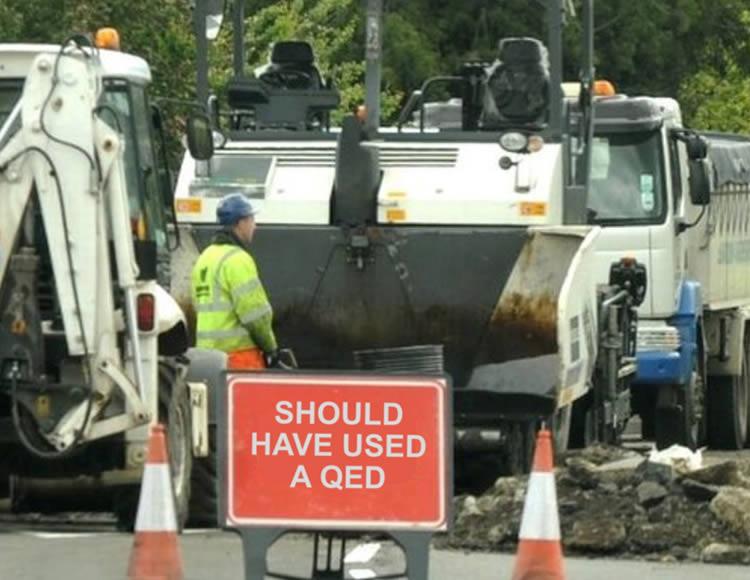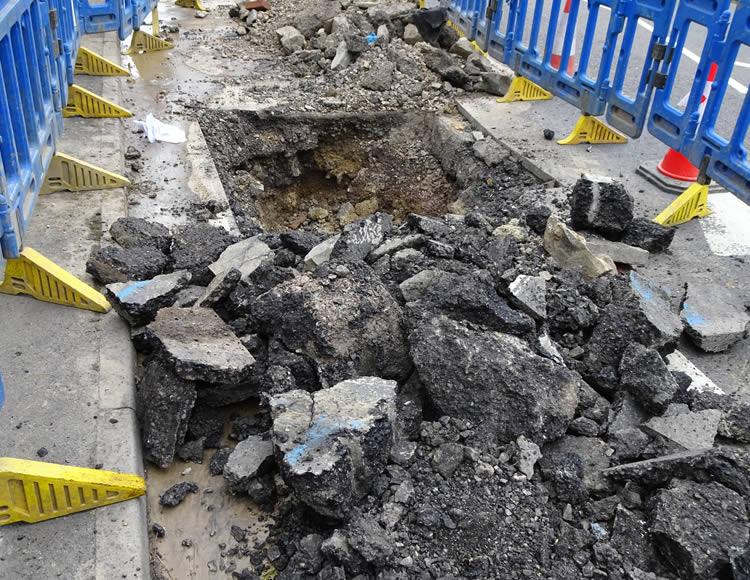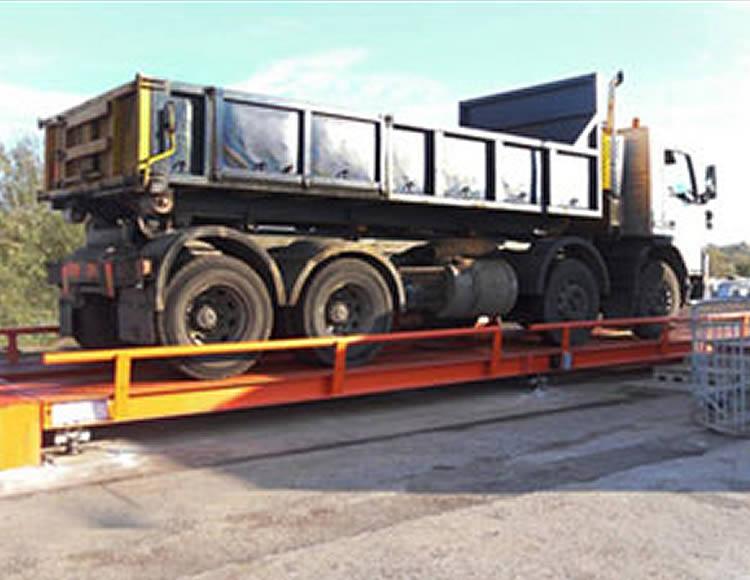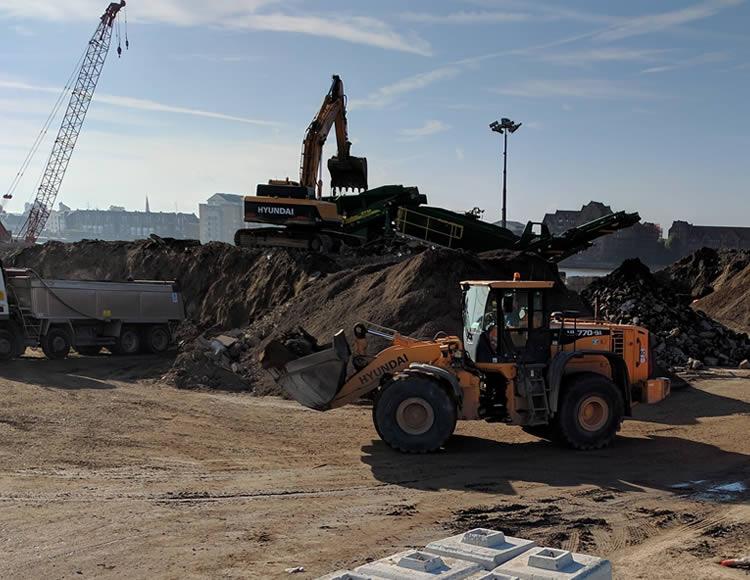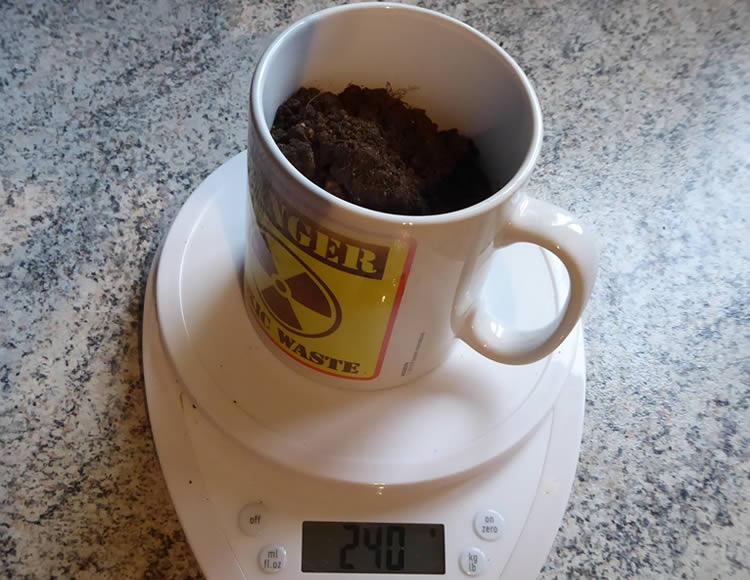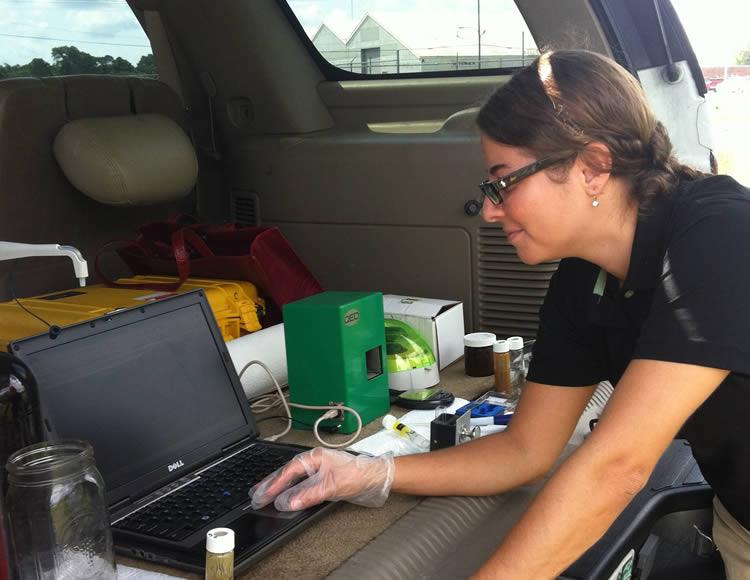RPS 211 is due to end this month After which any excavated waste from utilities installation and repair works, no matter how small the volume, must be classified or it will be considered hazardous. Landfill tax for non-hazardous waste is currently £3 a tonne, but for hazardous waste it is £94.15. It's therefore essential to ... Read more
 christof
christof
Detecting Coal Tar in Road Binder In the UK, utilities dig approximately 2.5 million holes in roads and pavements every year. WM3 guidance states that any soil or other material excavated is waste and should be assessed and classified for waste management purposes. Any excavated material identified as hazardous must be disposed of at a ... Read more
How do you like our new lab? Same or next day results! Our new laboratory brings the you the same speed, reliability and low cost that we have enabled on site for the London Olympics, Crossrail and numerous other projects, large and small, in the UK and globally. OK, so this is not really our ... Read more
Is your hydrocarbon analysis as reliable as you think it is? And if not, who's liable?MCERTS Labs v Onsite Analysis Evaluation A major multinational organisation recently undertook an evaluation of MCERTS laboratory performance for petroleum hydrocarbons. Ten duplicate sets of samples containing sand and gravel were prepared. Five of the sets also had 10% by weight ... Read more
You use a weighbridge to check how much waste is coming onto your site... But do you check what the waste really is? As the waste holder, you are directly responsible for its classification and assessment. Ever get the feeling that the waste transfer certificate is not telling you the whole truth? If you find yourself unexpectedly ... Read more
Accurate Analysis of Oily Waste in Minutes - it's easy Some of the UK's largest Waste Management companies are now using the QED and saving thousands. The QED is the only single analyser, either in the laboratory or on site, that can accurately identify the hydrocarbon- so easy to use, you can do it yourself for ... Read more
Is a coffee cup in a field statistically representative? This is what 240g of soil looks like. As you can see, it fits comfortably in a coffee mug, with room to spare. This is how much soil is routinely tested per analyte from a site measuring 60 x 90 metres, or, to put it another ... Read more
Leaves and other background organics are incorrectly reported as TPH by standard laboratory methods Soil and water samples containing fresh or decomposed leaves when analysed by the standard laboratory GC-FID analysis (gas chromatography/flame ionization detection) method can give a significantly higher Total Petroleum Hydrocarbon value than the true value. This leads to incorrect classification of ... Read more
Recent Evaluation of MCERTS Laboratory Analysis in Comparison with QROS Analysis A major UK consultant recently undertook an evaluation of MCERTS laboratory performance for petroleum hydrocarbons.Ten identical samples of sand and gravel were prepared. Into five of the sets was added peat. (Peat in common with other organic material is known to interfere with the ... Read more
